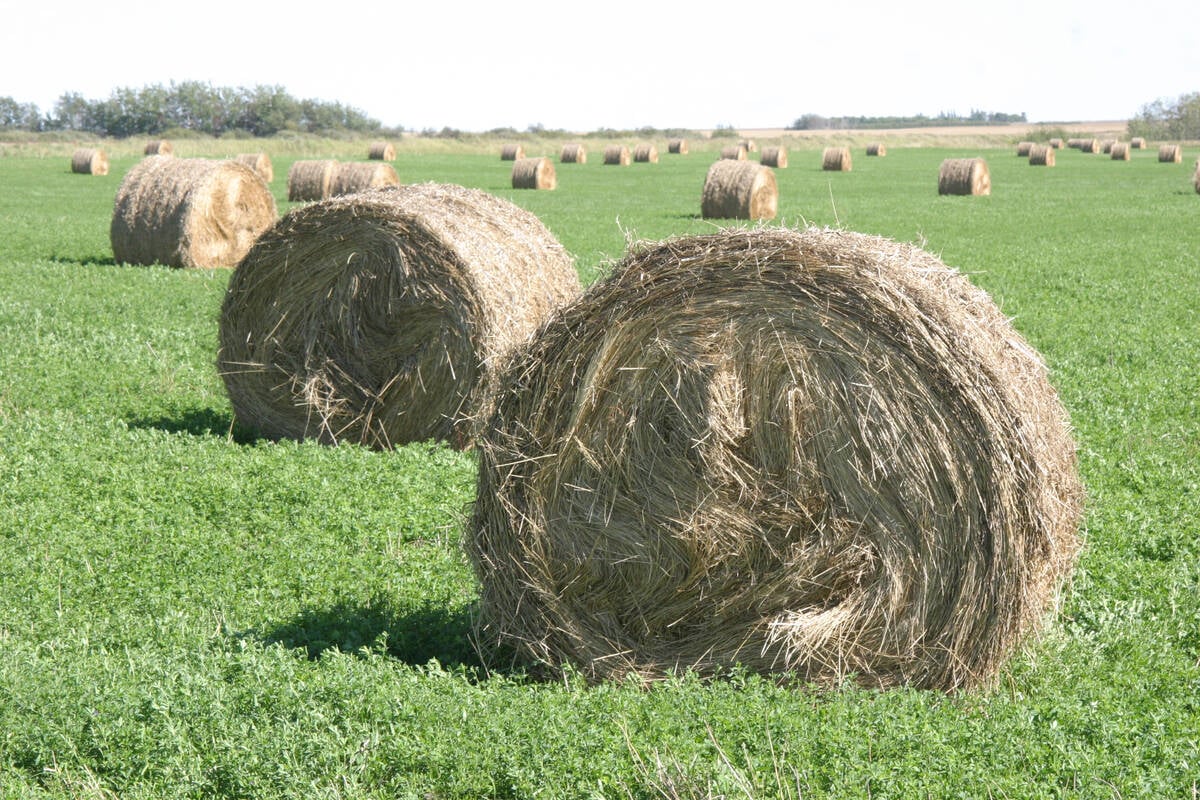A group of Canadian cattle producers has moved a trade challenge against the United States one step further.
An international trade tribunal in Washington, D.C., heard a multimillion-dollar claim against the U.S. government under the North American Free Trade Agreement Oct. 9-10.
The case was filed in August 2004 by more than 120 producers, mostly from Alberta. Its main argument states the U.S. government cost Canadian producers millions of dollars in lost revenue by closing the border to their cattle after BSE was discovered in May 2003.
Read Also

Breaking down successful winter feeding into six steps
It’s that time of year when it is important to start planning for a cow herd’s winter feeding program. Here are six steps I think are necessary to consider when getting your feed tested.
“This is a unique case. There has never been a challenge on the national treatment of the case,” said Rick Paskal, head of Canadian Cattlemen for Free Trade and a feedlot owner from Picture Butte, Alta.
The two-day hearing involved oral submissions on the preliminary issue of whether claimants are entitled to seek compensation under NAFTA for losses arising from a ban on Canadian cattle imports.
“We’re hoping to get the tribunal members to see it our way and to move on the merits of the case,” he said.
Producers hope to hear by the end of the year if the case continues. If it proceeds the Canadians would have to provide evidence of losses.
“We would have to prove damages absolutely, but we feel very comfortable on that aspect,” Paskal said.
The claimants state under NAFTA Chapter 11 that investors in the North American free trade area are entitled to receive compensation from the government of another NAFTA member whenever better treatment is provided to its own investors operating in similar circumstances.Â
They claim that because markets for cattle and beef have been integrated following the signing of NAFTA, the U.S. trade ban resulted in devastating decreases in the price paid by processors in Canada and dramatic increases in prices paid in the United States.
The American government’s position is that claimants are not entitled to receive compensation under
NAFTA because their investments were not made in the U.S.















